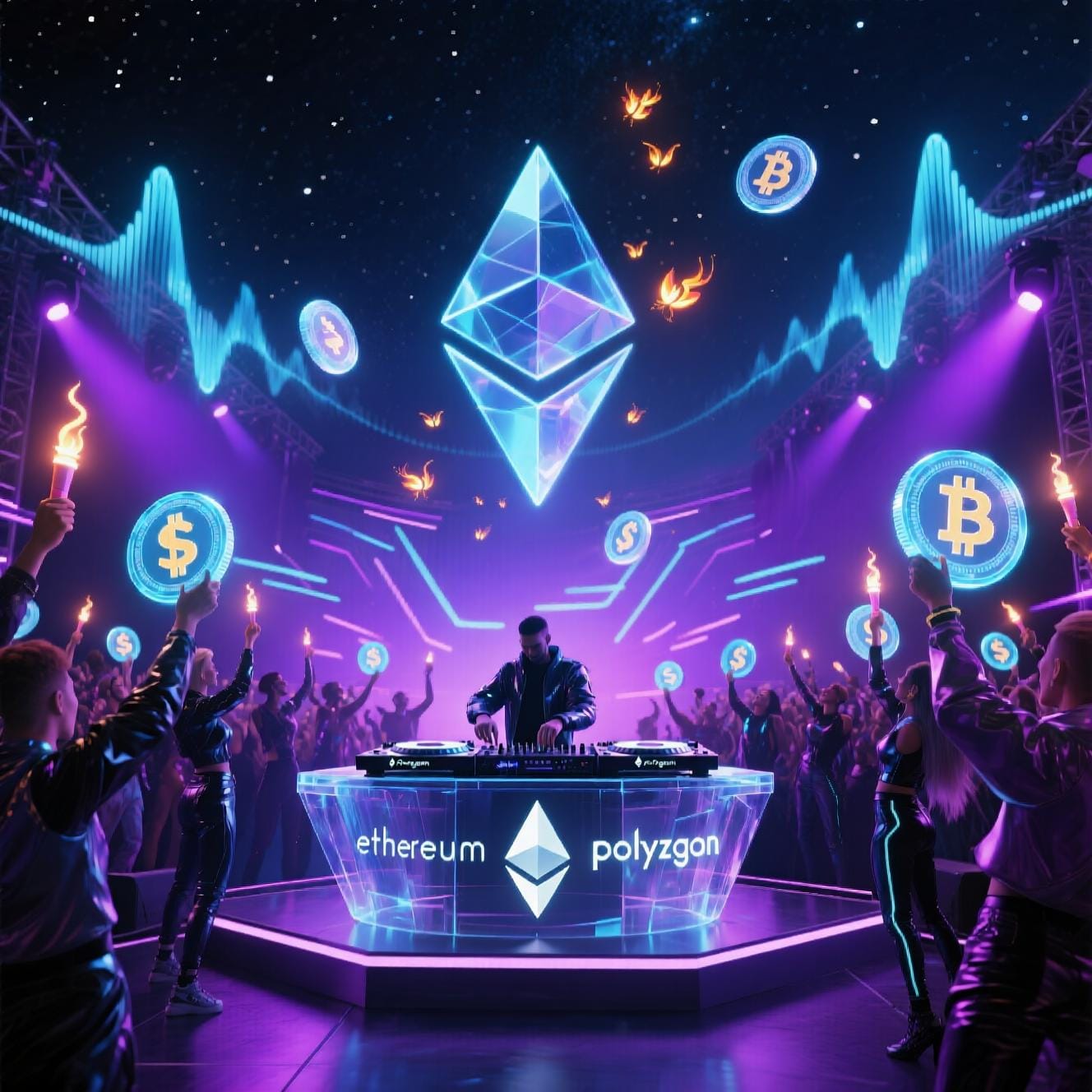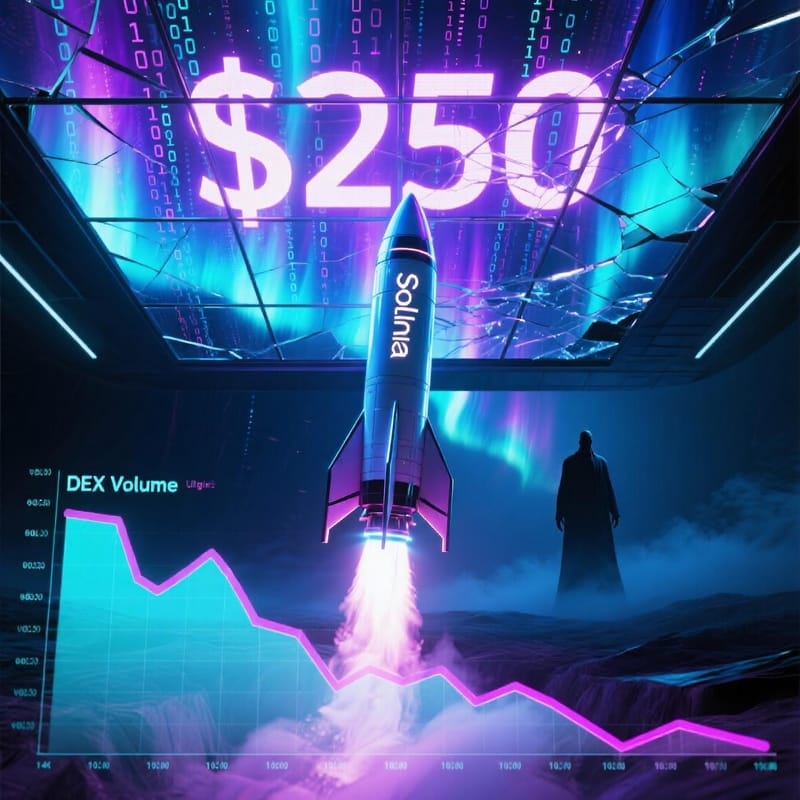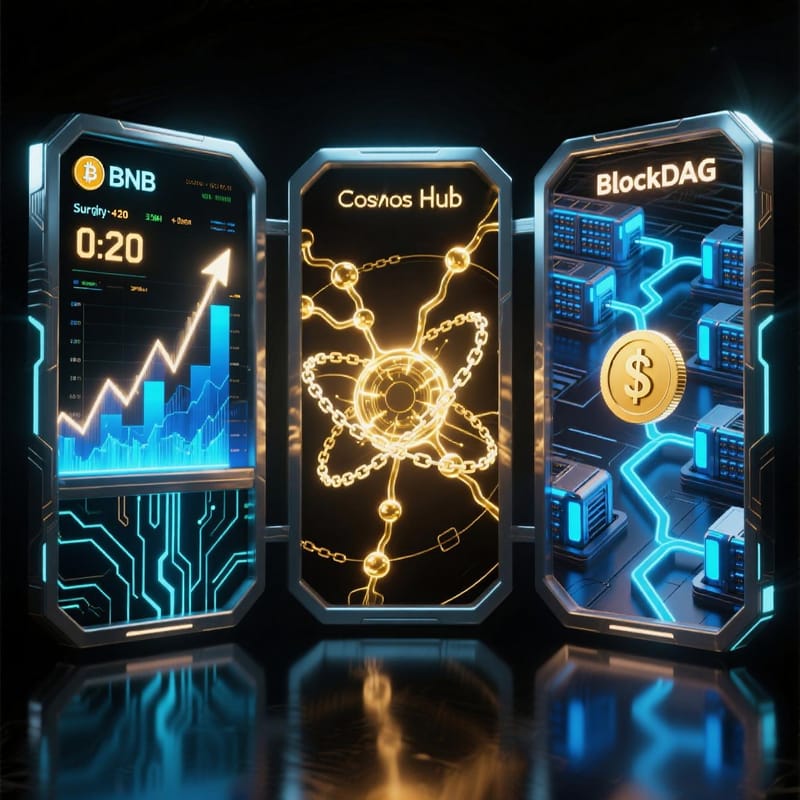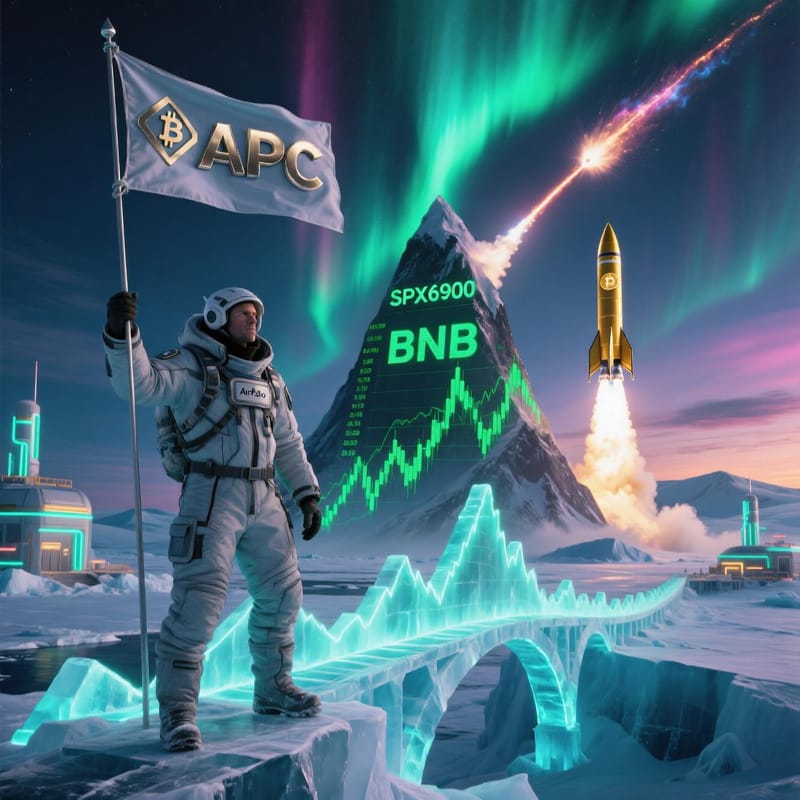Sound Money: How Crypto Is Turning Music Royalties into Digital Assets
From chart-topping hits to underground anthems, music royalties are going blockchain. Platforms like Royal are leading the charge, letting fans invest in songs like stocks—while artists reclaim control from labels. This isn’t just a new revenue stream; it’s a remix of the entire music economy.

The Beat Drops: Royalties Go On-Chain
Imagine owning a piece of your favorite song—not just streaming it, but earning a cut every time it plays. That future is already here. A growing wave of crypto-powered platforms is tokenizing music royalties, transforming passive listeners into active stakeholders. At the forefront is Royal, a platform co-founded by electronic music star 3LAU, which has turned heads by letting fans buy fractional ownership in real tracks.
When artists like Nas and Diplo tokenize their songs, they’re not just raising funds—they’re building communities. Each token represents a share of future streaming revenue, distributed transparently via smart contracts on Ethereum and Polygon. No more waiting months for label statements. No more opaque accounting. Just code, clarity, and cash flow.
As one Royal user put it: “I didn’t just support the artist—I became part of the success.”
Why Artists Are Hitting Play on Blockchain
For decades, musicians—especially independents—have struggled with delayed payments, hidden fees, and power imbalances favoring record labels. Blockchain flips the script. By slicing up royalties into tradable digital tokens, artists can now crowdfund their next album, reward superfans, and retain creative control—all while cutting out layers of intermediaries.
Take 3LAU’s “Ultraviolet” album: it raised over $11 million through NFTs that included royalty rights. Since then, the model has evolved from experimental stunt to scalable strategy. Now, artists can launch limited-edition tokens tied to specific tracks, offering tiered benefits—from profit shares to VIP concert access.
The result? A more direct, democratic relationship between creators and fans. And with Polygon’s low fees and Ethereum’s robust infrastructure handling the backend, the tech is finally catching up to the vision.
Beyond Hype: Real Payouts, Real Challenges
This isn’t theoretical. Royal has already distributed real royalty payments to token holders, proving that blockchain-based music ownership can function at scale. Fans who bought into songs have seen returns from Spotify streams, YouTube plays, and sync licensing—all automatically routed via smart contracts.
But the road ahead isn’t all autotune and applause. Regulatory gray zones loom large. Are these tokens securities? How do global copyright laws apply? While the U.S. and EU begin to clarify digital asset rules, platforms tread carefully, often limiting sales to accredited investors or using utility-like structures to stay compliant.
Still, the momentum is undeniable. Even legacy artists are taking notice. Remember Björk’s blockchain-backed “Utopia” release? It was once seen as a niche experiment. Now, it looks like a blueprint.
The Future Tracklist: Democratization, Liquidity, and New Markets
Tokenization doesn’t just help artists get paid—it makes music investing liquid. In the past, buying into royalties meant signing with a fund or waiting for rare private deals. Today, secondary markets on decentralized exchanges allow fans to trade song shares like crypto, creating 24/7 global liquidity.
Platforms beyond Royal are emerging too, testing new models: revenue-generating NFTs, fan-powered streaming, and DAO-governed labels. While names like TokoCrypto haven’t entered this space as of mid-2025, the ecosystem is expanding fast—and competition could drive even greater innovation.
The bigger picture? Music is becoming programmable. Royalties are turning into assets. And fans are no longer just consumers—they’re co-owners.





